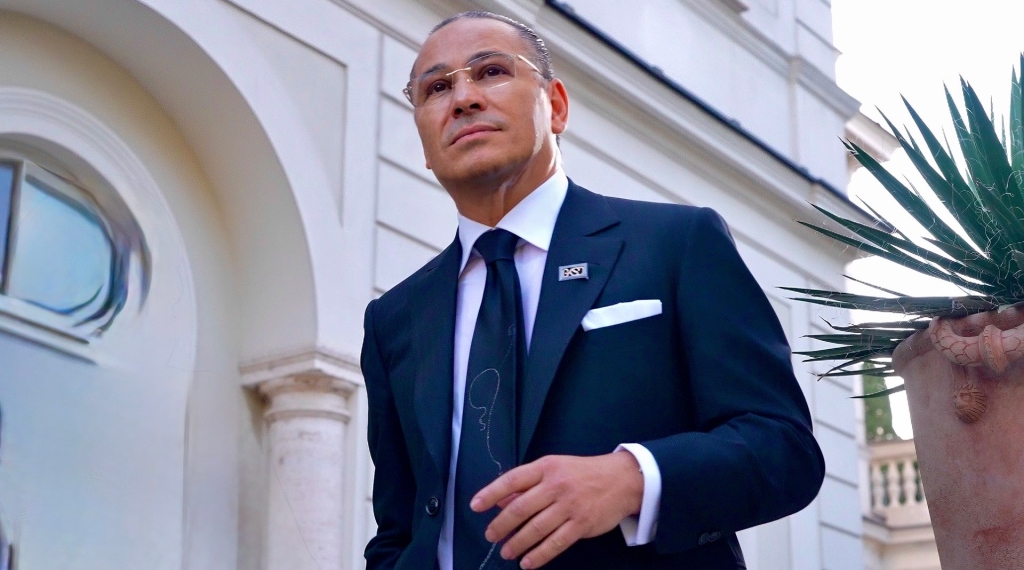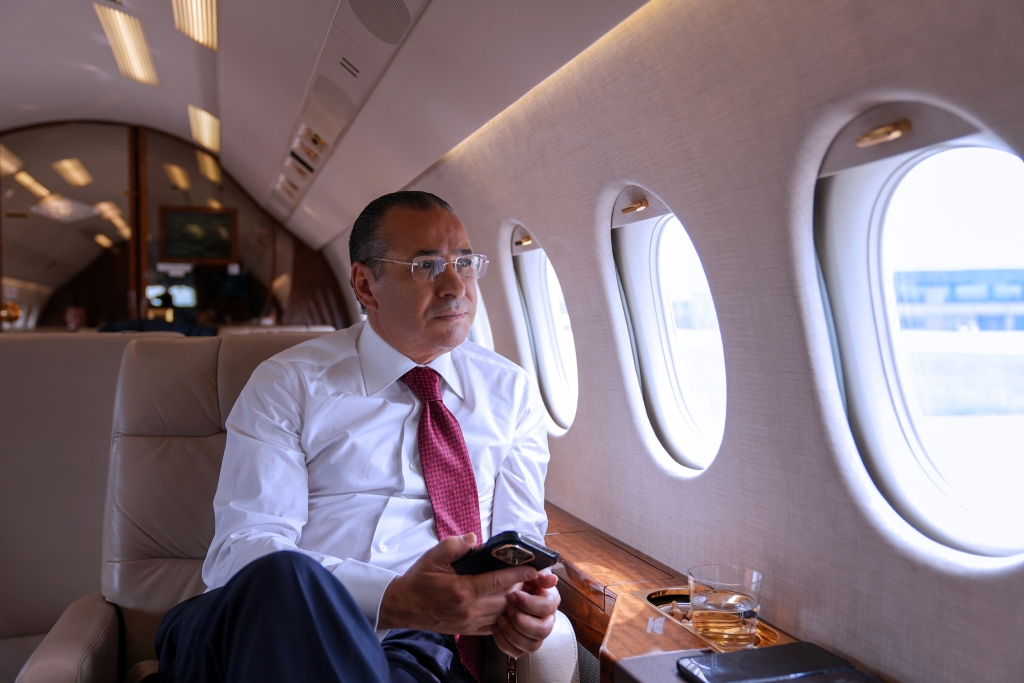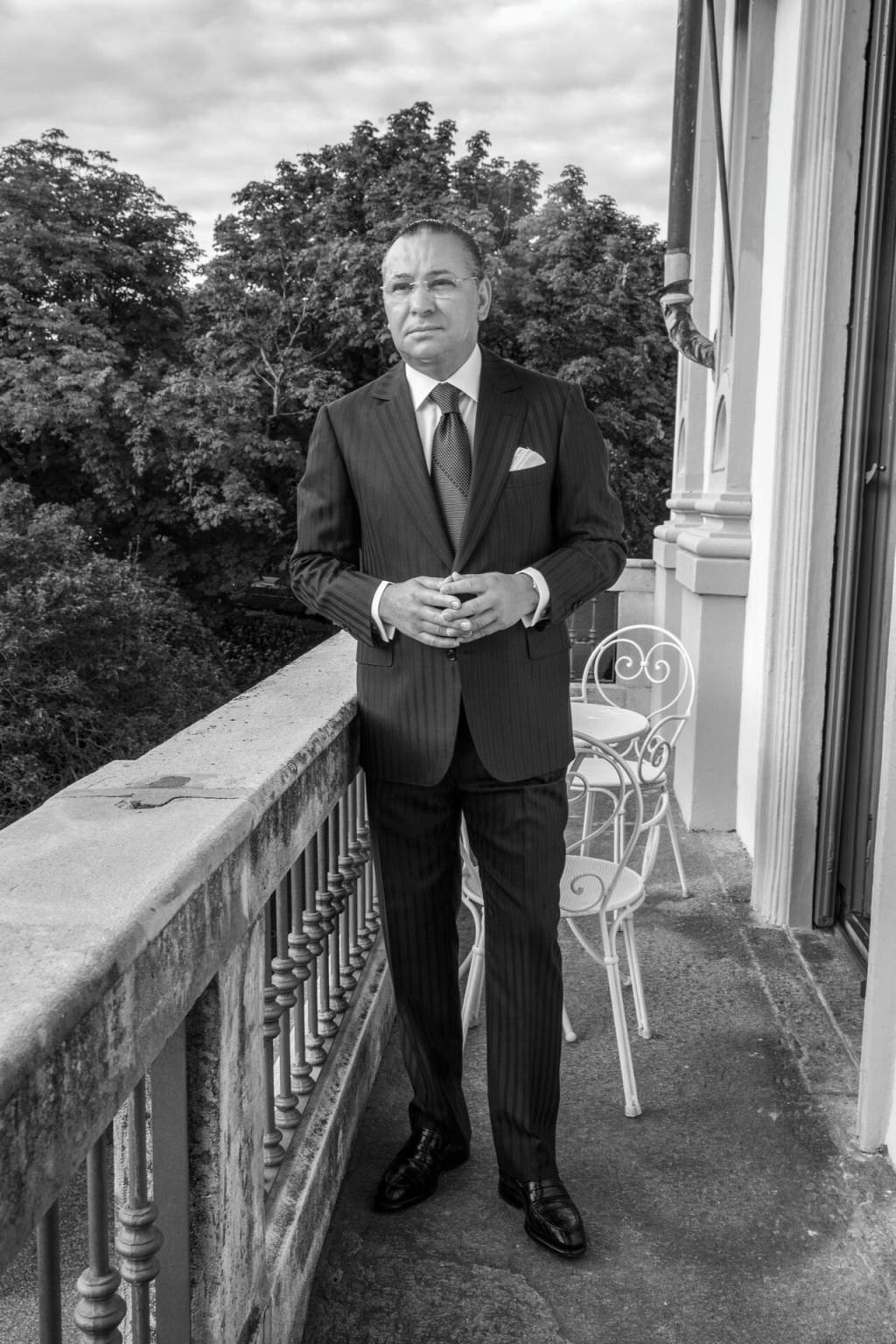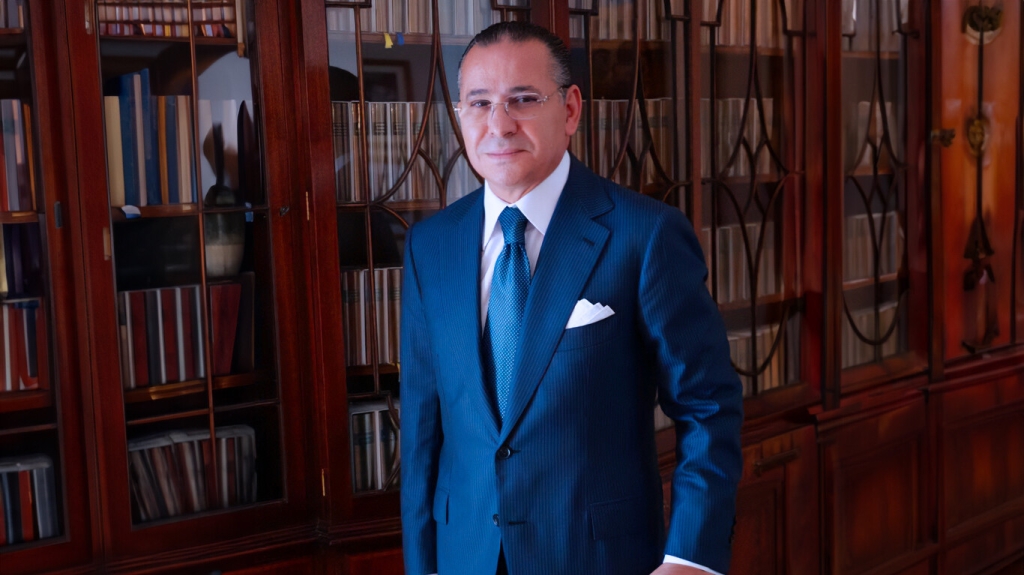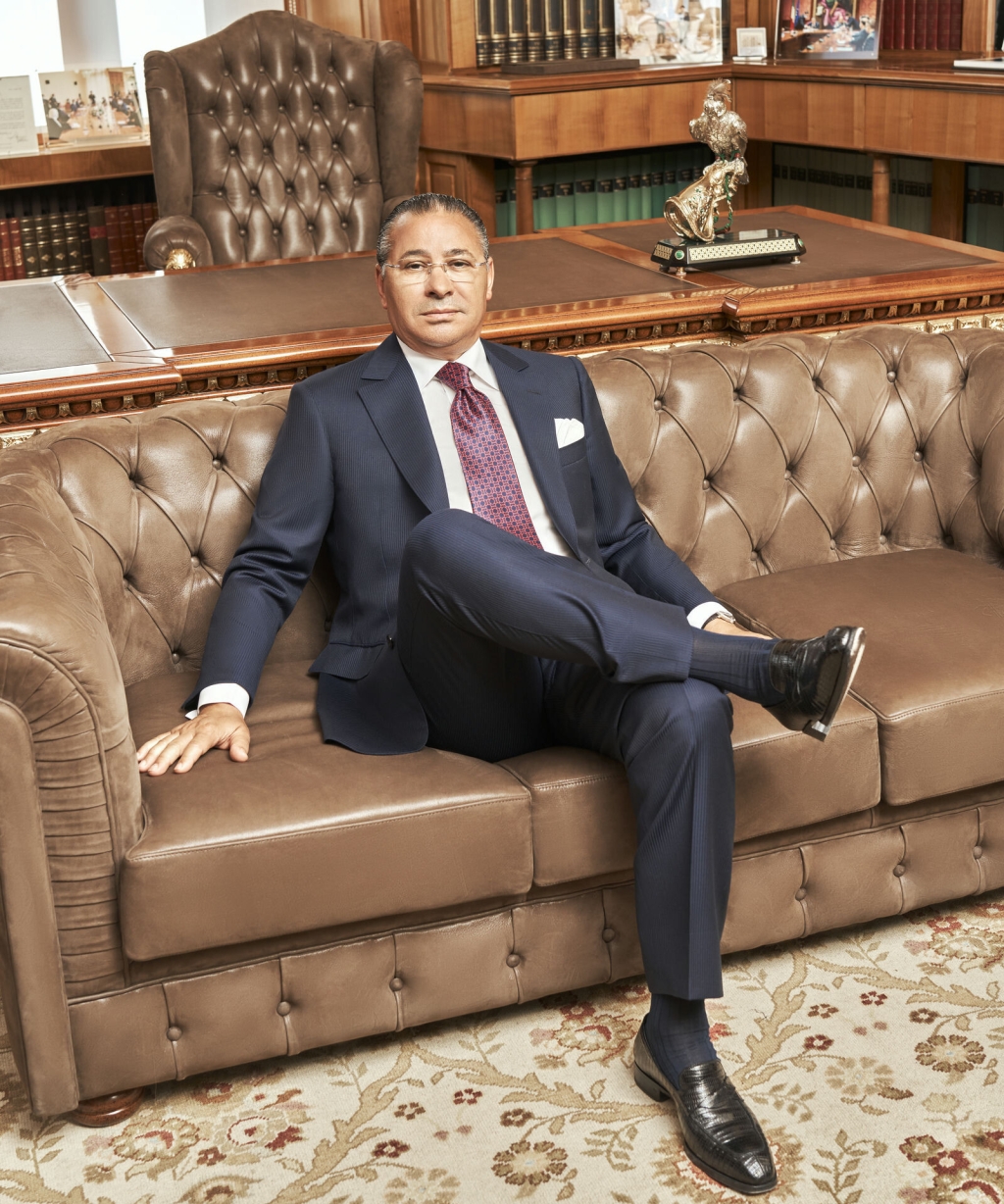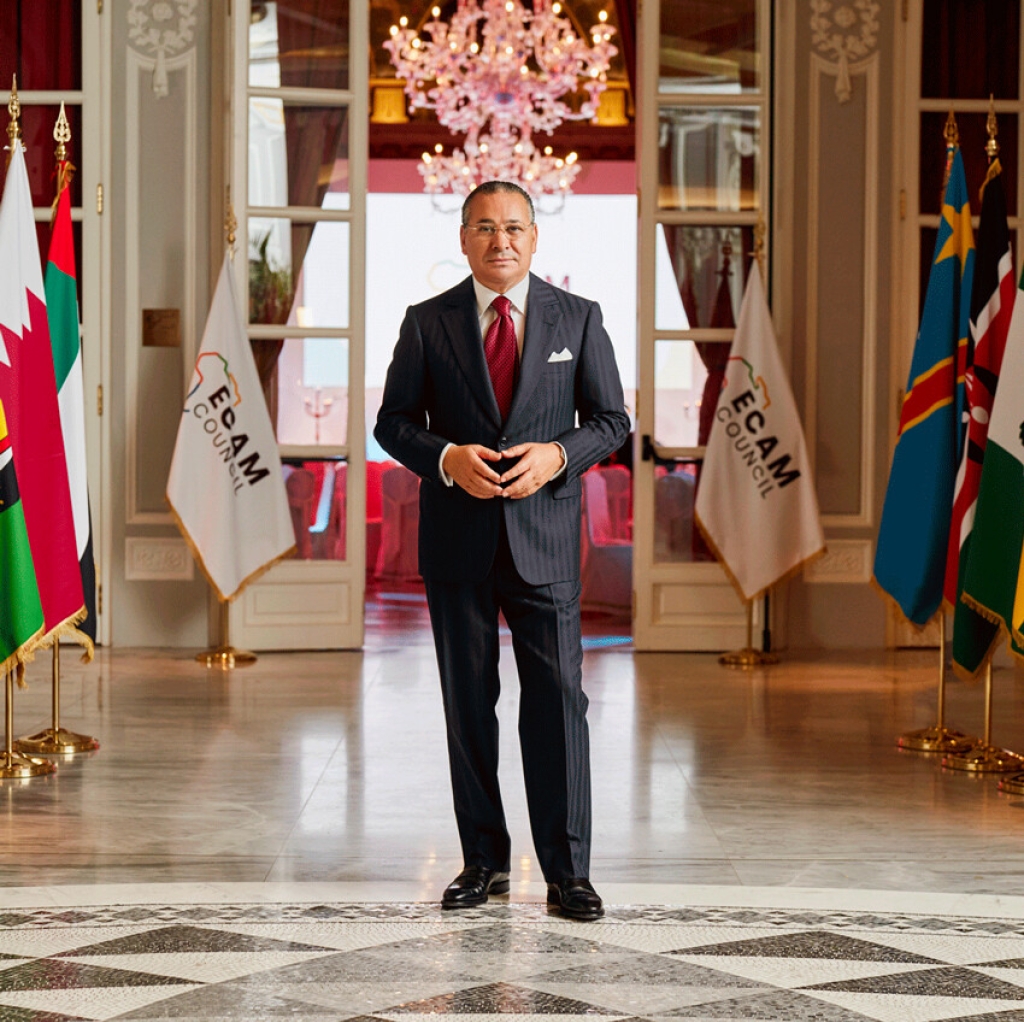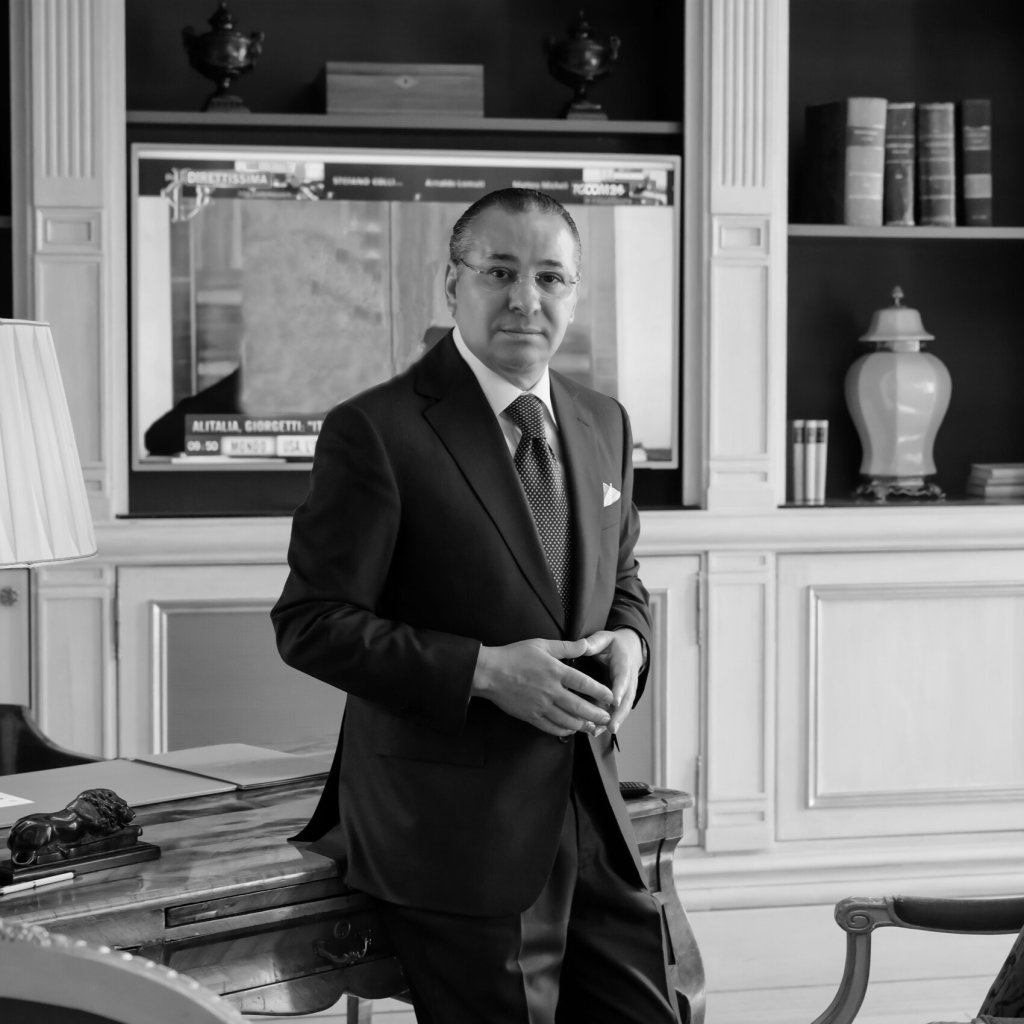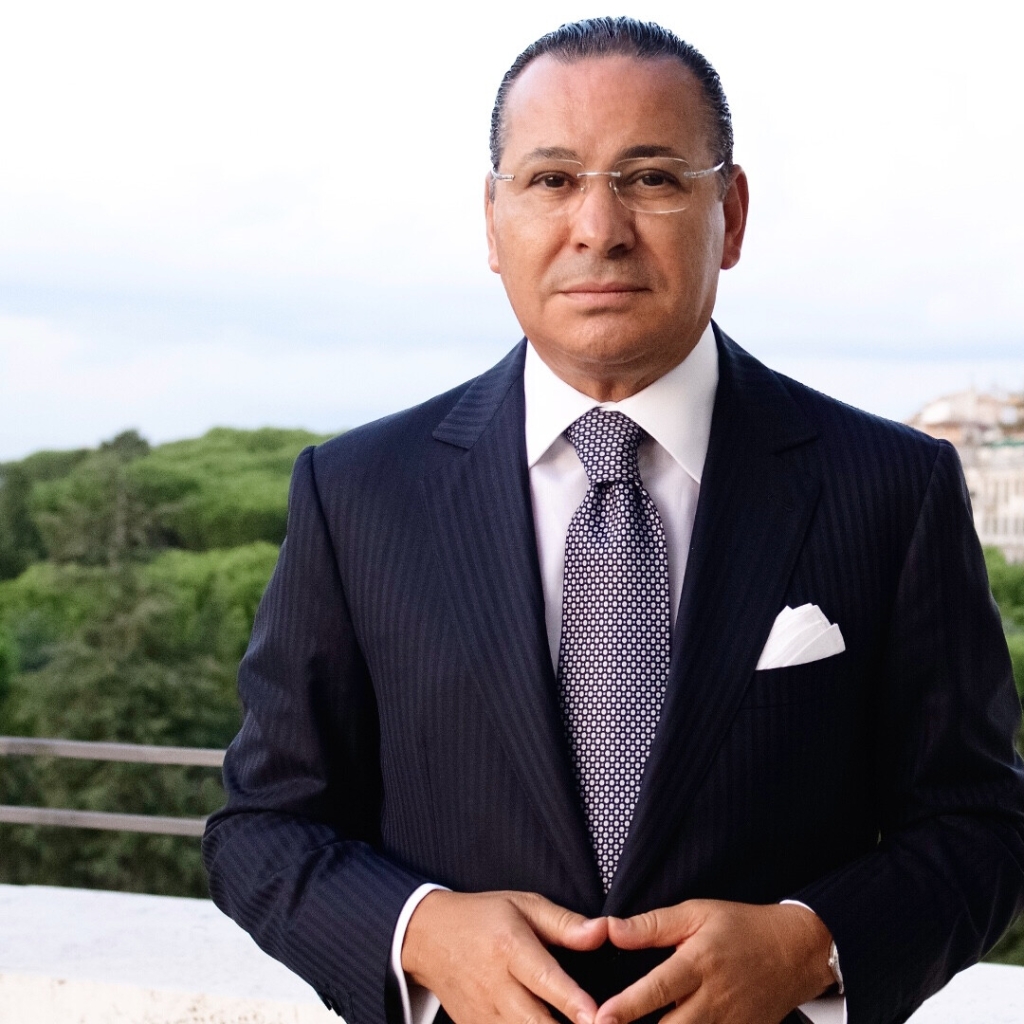
Now that 2017 is drawing to a close and the Festive Season is upon us again, I always feel that it is the ideal moment to pause for thought and take stock of the past year’s events. As with every year, global events were largely dominated by ongoing regional instability and conflict within nations and the various institutional and governmental reactions to these situations. Conflict in the Middle East, as has been the case for many years, provided us with most of our top headlines. In particular, the U.S. decision to move its Embassy and diplomatic mission from Tel Aviv to Jerusalem clearly dominated the headlines as among the more conspicuous events of the year.
I found my conscience vexed when I pondered how we seem to be caught in a vicious circle of stasis. That is to say, until individual nations the respective governments do not set aside their agendas then it is absurd to believe that there will ever be such a thing as an ‘international community’ committed to working for peace and reconciliation. If we do not use the seasons we have left in this life to make it our business and strive to seek peace in our time, then we will not only be letting ourselves down, but also our children and all future generations to come. It is indeed a well known fact that peace is only possible when people and politicians alike are willing and open to the re-examination and revision of perspectives, prejudices and political agendas.
True peace lies not only with the leaders, institutions and businesses of this world, but it is an undertaking that must also be carried out by society as a whole. Responsibility for the welfare of the world is, as citizens of the world, is our business too, and we should not shirk such an immense responsibility by hiding behind rhetoric or facile coercion from powers whom we feel we cannot battle. These ‘powers’, whomsoever they may be, inevitably only have self-interest at heart and self-interest, as we know, leads to discord, disagreement and worse.
When agreement is not reached and diplomacy appears to fail, we must not consider such failure to reach consensus as defeat, but rather, concentrate and push our representatives to work on the areas where common ground is shared. As people together in the only world we know, the welfare of that world should be the biggest concern for all individuals. Therefore, my Christmas wish this year is that we see a shift in expectations across the board. We need to get our negotiators back to the negotiating table rather than resting our hopes in dysfunctional policies that have proven repeatedly to fail populations caught up in cycles of violence and conflict.
Such policies are misguided and self-serving and need to be revised where feasible and rejected outright where necessary. Peace does not “lie in charters and covenants” alone, but rather relies on the energy, commitment and willingness of all to participate in a long, difficult and ultimately exasperating process.Perhaps more fundamentally, it also relies on us setting aside personal political, economic, cultural and religious concerns in favour of the common goal – peace and harmony. Notwithstanding my pessimism, I nonetheless firmly and profoundly believe that if we dare to use our diplomats and negotiators to challenge the present institutional positions we are faced with across the political spectrum, then conflict resolution is not beyond our reach.
My fervent hope for 2018 is that all nations strive to prioritise peace and stability, even if it means setting aside their national attitudes and foreign policies in favour of fostering dialogue and to achieve ‘not merely peace in our time, but peace for all time’.
Kamel Ghribi
